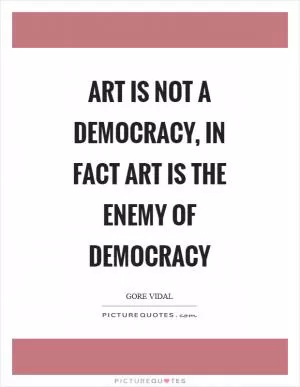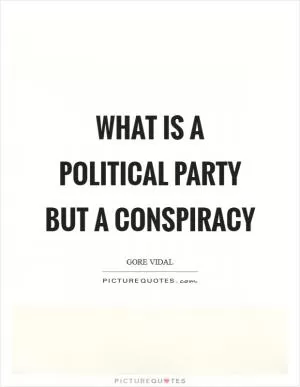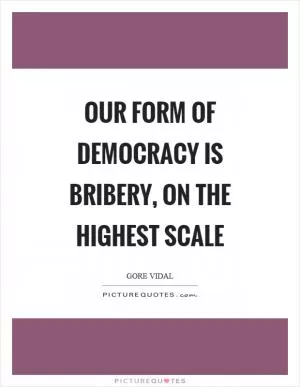Writing fiction has become a priestly business in countries that have lost their faith

Writing fiction has become a priestly business in countries that have lost their faith
Gore Vidal, the renowned American writer and intellectual, was known for his sharp wit and incisive commentary on politics, society, and culture. Throughout his career, Vidal wrote a wide range of works, including novels, essays, and plays, many of which explored the complexities of power, corruption, and the decline of American democracy. In his writing, Vidal often delved into the darker aspects of human nature, exposing the hypocrisy and moral decay that he saw as pervasive in American society.Vidal's observation that "writing fiction has become a priestly business in countries that have lost their faith" speaks to the idea that in a world where traditional religious beliefs have waned, literature and storytelling have taken on a new significance. In the absence of a shared belief system or moral framework, writers have become the new prophets, offering insights into the human condition and challenging readers to confront uncomfortable truths.
For Vidal, writing fiction was not just a creative pursuit, but a moral and ethical endeavor. Through his novels such as "Burr" and "Lincoln," Vidal sought to illuminate the darker corners of American history and expose the myths and lies that have shaped the nation's identity. In doing so, he challenged readers to question their assumptions and confront the uncomfortable realities of their past.
Vidal's work also reflected his belief in the power of literature to provoke thought and inspire change. In a society where political discourse often devolves into soundbites and slogans, Vidal saw fiction as a means of engaging with complex ideas and exploring the nuances of human experience. By delving into the lives of his characters and exploring their motivations and desires, Vidal encouraged readers to empathize with others and consider alternative perspectives.












 Friendship Quotes
Friendship Quotes Love Quotes
Love Quotes Life Quotes
Life Quotes Funny Quotes
Funny Quotes Motivational Quotes
Motivational Quotes Inspirational Quotes
Inspirational Quotes